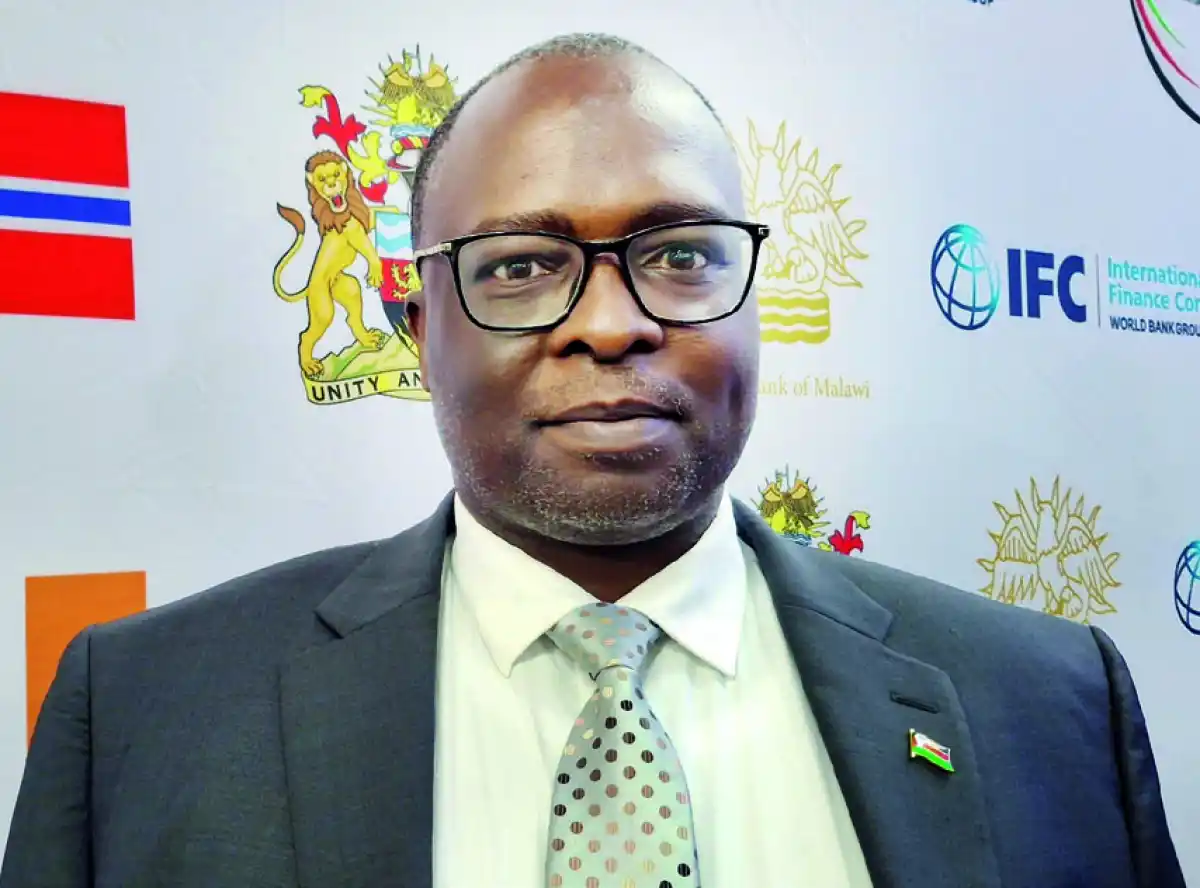
The Reserve Bank of Malawi (RBM) has come hard on illegal forex trading in a move that is intended to eliminate the black market, unleashing a new wave of directives.
RBM Governor Mac Donald Mafuta Mwale announced on Friday that the main aim is to kill the demand for forex on the black market which he, however, rated as very complex and hard to deal with without sophisticated approaches and collaboration.
The central bank has since directed that custom clearance of imports on the borders be linked to commercial banks in order to ascertain the sources of the forex used for imports.
According to Mafuta Mwale, once one imports goods of a certain value threshold to be determined, MRA will only do customs processes upon the provision of an electronically verifiable telegraphic transfer (TT) copy by the importer.
“MRA and RBM are currently finalising the regulations and ICT teams from the two institutions are working on a system to operationalise this enforcement tool.
“Once goods are paid for by an authorised bank, the bank in question will transmit the TT copy to RBM and MRA electronically,” Mwale said.
He said failure to have the TT copy will attract a penalty, which is yet to be determined, including confiscation of the goods in question, as provisions for goods bought on credit are being considered.
Apart from the importers, the central bank has tightened screws on authorised forex dealers, including banks and bureaux whose licences will all come to an end at the end of June and they will be required to renew them.

The licences will now have a maximum validity period of a year.
Reacting, Bankers Association of Malawi President Philip Madinga welcomed the changes but said they would want to see mandatory forex conversion completely removed.
“Ultimately, while controls are sometimes important, the right conversation we need to be having is how we can support the generation of more forex. We need to address supply side challenges,” Madinga said.
He said banks were already in initial conversations with RBM to see how they could review or introduce directives and regulations that would enable them to enhance their support for productive sectors and strategic sectors such as agriculture, mining, export manufacturing, tourism, energy and infrastructure.
Economics Association of Malawi President Bertha Bangala Chikadza welcomed the directives particularly on removal of forex surrender for exporters that produce and reduction to 25 percent for the other exporters.
She further commended the central bank for limiting the license period for forex traders saying it gives the central bank more control of the market.
“The RBM should be in control of who trades in the forex market and how should they trade. It is important that if others are found contravening forex laws, the licenses should be revoked or never be renewed,” Chikadza said.
The central bank has disclosed that its investigations have led to the discovery of syndicates that involve some banks, traders and people in the diaspora.
It also claims to have discovered bank accounts that are used.








0 Comments